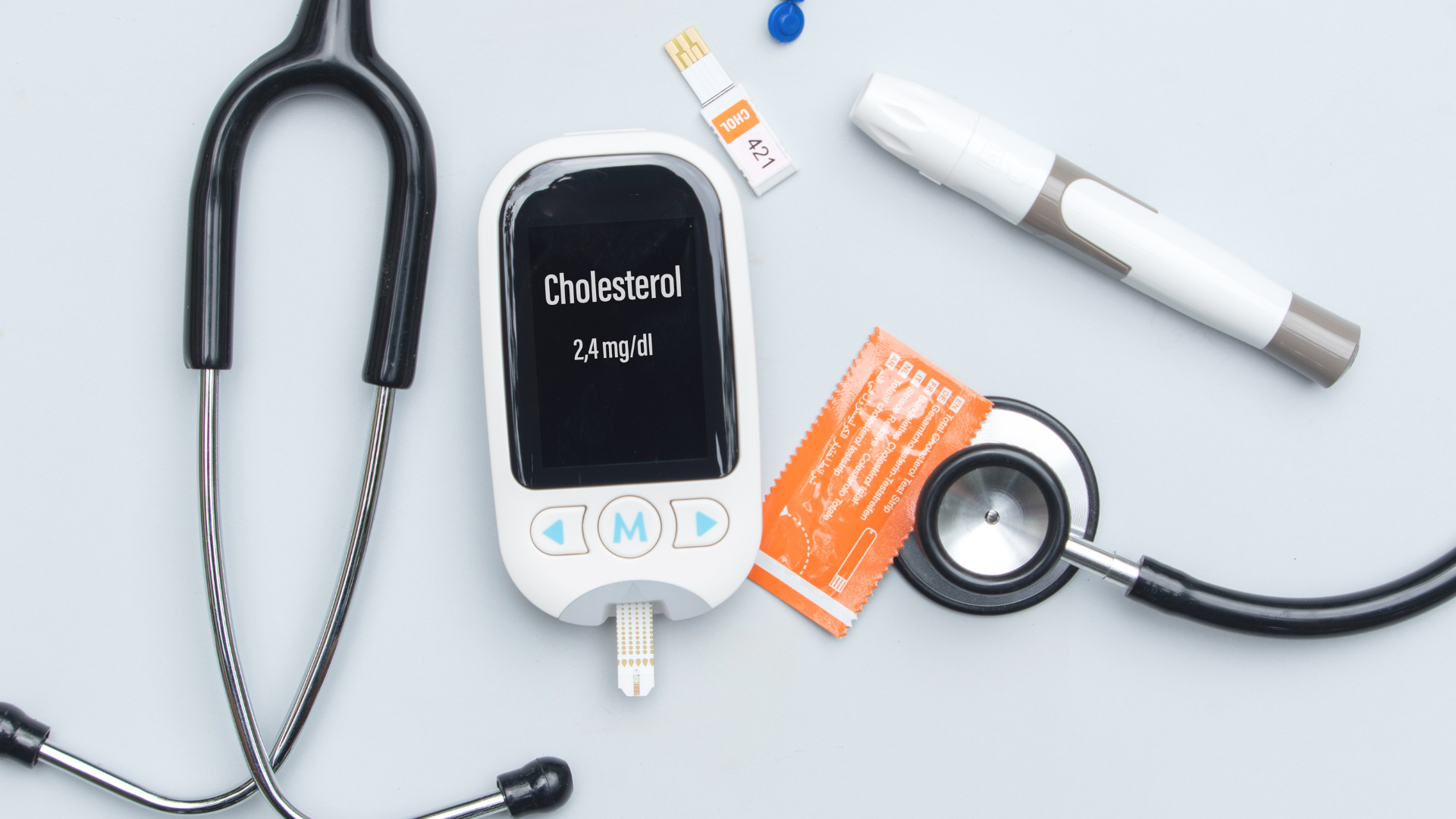Hormones are the body’s chemical messengers, controlling everything from your mood and metabolism to reproduction and sleep. When these crucial messengers are out of balance, your entire system can feel off. Hormonal imbalances can affect people of all ages and genders, often going undiagnosed because their symptoms mimic other conditions.
In this guide, we’ll explore the common signs of hormonal imbalance, potential causes, and most importantly, effective ways to restore hormonal health naturally and medically.
What Is a Hormonal Imbalance?
A hormonal imbalance occurs when there is too much or too little of a hormone in the bloodstream. Even minor fluctuations can lead to significant changes in your body, since hormones regulate essential processes like growth, metabolism, appetite, fertility, stress levels, and mood.
Hormonal imbalances can be temporary or chronic and may result from stress, poor diet, medical conditions, medications, or aging.
Common Signs of Hormonal Imbalance
Here are some of the most typical symptoms that may indicate a hormonal imbalance:
1. Fatigue and Low Energy
One of the most frequently reported symptoms is persistent fatigue. Hormones like cortisol, thyroid hormones, and insulin regulate energy levels. If you’re constantly tired, even after a full night’s sleep, your adrenal or thyroid hormones could be off.
Possible Causes:
- Low thyroid function (hypothyroidism)
- Adrenal fatigue
- Insulin resistance
2. Weight Gain or Difficulty Losing Weight
Unexplained weight gain—especially around the belly—can signal an imbalance in hormones like insulin, cortisol, estrogen, or testosterone.
Associated Conditions:
- PCOS (Polycystic Ovary Syndrome)
- Hypothyroidism
- Elevated cortisol (stress hormone)
3. Mood Swings, Anxiety, or Depression
Hormones like estrogen, progesterone, and serotonin influence brain chemistry. If they fluctuate too much, they can trigger emotional distress, mood swings, irritability, anxiety, or even depression.
Often Seen In:
- PMS or PMDD
- Menopause
- Thyroid dysfunction
4. Irregular or Painful Periods
Menstrual irregularities are a hallmark sign of hormonal imbalance. Periods that are too long, too short, absent, or overly painful could indicate disrupted estrogen and progesterone levels.
Possible Conditions:
- PCOS
- Perimenopause or menopause
- Thyroid disorders
5. Sleep Problems
Struggling with insomnia, waking frequently at night, or feeling groggy in the morning? Hormones such as melatonin, cortisol, and progesterone directly affect your sleep-wake cycle.
Potential Triggers:
- Cortisol spikes due to stress
- Low melatonin production
- Progesterone deficiency (especially in women)
6. Low Libido or Sexual Dysfunction
A noticeable drop in sex drive can be linked to low levels of testosterone, estrogen, or progesterone, and may affect both men and women.
Additional Symptoms:
- Vaginal dryness
- Erectile dysfunction
- Decreased stamina
7. Hair Thinning or Hair Loss
Excess androgen (male hormone) or thyroid issues can lead to hair thinning, bald patches, or excessive shedding, particularly in women.
Common in:
- PCOS
- Menopause
- Thyroid disorders (hyper or hypo)
8. Acne or Skin Changes
Hormonal acne—especially around the jawline and chin—often flares up due to increased androgen levels. Dry skin, oily skin, or pigmentation changes can also be indicators.
May Be Triggered By:
- Puberty
- PCOS
- Menstrual cycle fluctuations
9. Digestive Issues
Hormonal imbalances can mess with your gut health, causing bloating, constipation, diarrhea, or IBS-like symptoms. Estrogen and progesterone have direct links to gut motility.
10. Brain Fog or Memory Issues
If you’re experiencing forgetfulness, poor concentration, or mental fatigue, it might be due to low thyroid hormones, estrogen, or testosterone.
What Causes Hormonal Imbalances?
Understanding the root causes is crucial for effective treatment. Common triggers include:
- Chronic stress
- Poor diet (high sugar, processed foods)
- Sedentary lifestyle
- Thyroid dysfunction
- Polycystic ovary syndrome (PCOS)
- Perimenopause and menopause
- Birth control pills or hormonal medications
- Sleep deprivation
- Environmental toxins (xenoestrogens)
How to Address Hormonal Imbalance Naturally
1. Eat a Hormone-Balancing Diet
Fuel your body with nutrient-dense, whole foods that support hormonal function.
Foods to Include:
- Healthy fats (avocados, olive oil, nuts)
- Leafy greens and cruciferous vegetables (broccoli, kale)
- High-fiber foods (chia seeds, flaxseed)
- Lean protein (salmon, eggs, legumes)
- Fermented foods (yogurt, kimchi) for gut health
Avoid:
- Refined sugar
- Processed carbs
- Trans fats
- Caffeine overload
- Alcohol
2. Exercise Regularly
Physical activity helps regulate insulin, cortisol, and sex hormones. Aim for a combination of:
- Strength training: Supports testosterone and bone health
- Cardio: Improves mood and metabolism
- Yoga or Pilates: Reduces stress and cortisol levels
3. Manage Stress Levels
Chronic stress causes cortisol to spike, which disrupts the balance of other hormones.
Tips for Stress Management:
- Meditation or deep breathing
- Journaling
- Nature walks
- Saying “no” more often
- Talking to a therapist
4. Get Quality Sleep
Hormone repair happens during deep sleep. Poor sleep disrupts melatonin, insulin, and cortisol cycles.
Sleep Hygiene Tips:
- Stick to a sleep schedule
- Avoid screens before bed
- Keep your room cool and dark
- Reduce stimulants (like caffeine) after 2 PM
5. Limit Toxin Exposure
Environmental toxins can mimic or block hormones. Known as endocrine disruptors, they’re found in plastics, cosmetics, and cleaning products.
Reduce Exposure By:
- Switching to glass or stainless steel containers
- Using natural or organic skincare
- Choosing non-toxic cleaning products
6. Consider Herbal and Natural Supplements
Some herbs and nutrients can help restore hormonal balance naturally. Always consult a healthcare provider before adding supplements.
Popular Options:
- Ashwagandha: Reduces cortisol and supports adrenal function
- Maca root: Boosts libido and balances estrogen
- Vitex (Chasteberry): Helps regulate menstrual cycles
- Magnesium & Vitamin B6: Support stress and hormonal health
Medical Treatments for Hormonal Imbalance
If lifestyle changes aren’t enough, seek professional help. Depending on your diagnosis, treatments may include:
- Thyroid hormone replacement therapy (for hypothyroidism)
- Insulin-sensitizing drugs (like Metformin for PCOS)
- Hormonal birth control (to regulate cycles)
- Hormone Replacement Therapy (HRT) (for menopause)
- Testosterone therapy (for men with low T levels)
Your doctor may also recommend blood tests or saliva hormone testing to pinpoint the imbalance.
When Should You See a Doctor?
If you’re experiencing persistent symptoms—especially fatigue, mood changes, weight gain, or irregular periods—it’s essential to consult a qualified endocrinologist or gynecologist. Hormonal imbalances can be a sign of underlying medical conditions that require targeted treatment.
Final Thoughts
Hormonal imbalances can impact nearly every area of your life—but the good news is, they are treatable. With the right combination of lifestyle changes, proper nutrition, stress management, and medical care when needed, you can restore balance and reclaim your vitality.
Stay in tune with your body, and don’t ignore subtle signs. Whether you’re a teen dealing with acne, a woman navigating menopause, or a man facing low energy and libido, hormonal health is key to your overall well-being.
Frequently Asked Questions (FAQs)
1. What blood tests check for hormonal imbalances?
Common tests include thyroid panel, cortisol levels, estrogen/progesterone levels, testosterone, insulin, and DHEA.
2. Can hormonal imbalance go away naturally?
Yes, mild imbalances can often be corrected with lifestyle changes like diet, sleep, and exercise.
3. Are hormonal imbalances permanent?
Not always. Some are temporary (e.g., postpartum, perimenopause), while others may require long-term management (e.g., thyroid disorders).
4. Can men have hormonal imbalances too?
Absolutely. Men can experience imbalances in testosterone, cortisol, and thyroid hormones, leading to fatigue, low libido, and mood changes.





